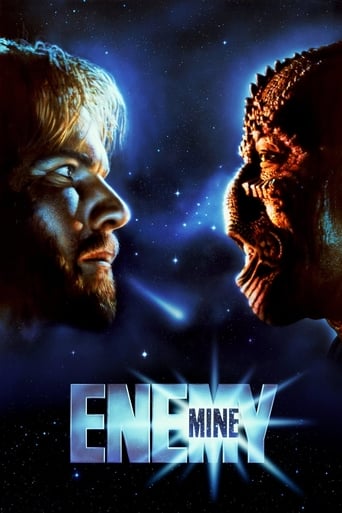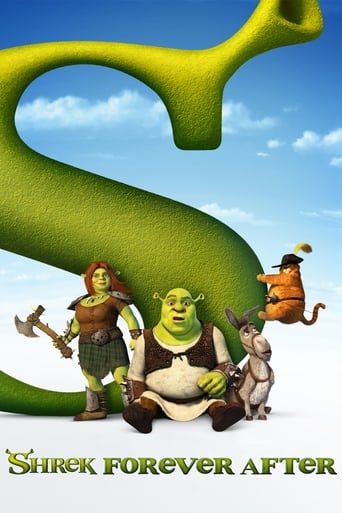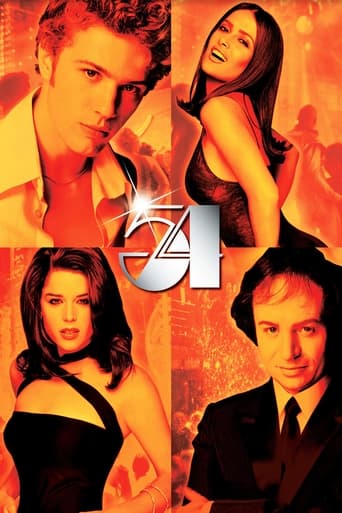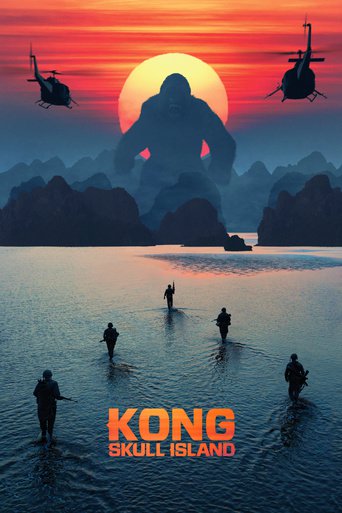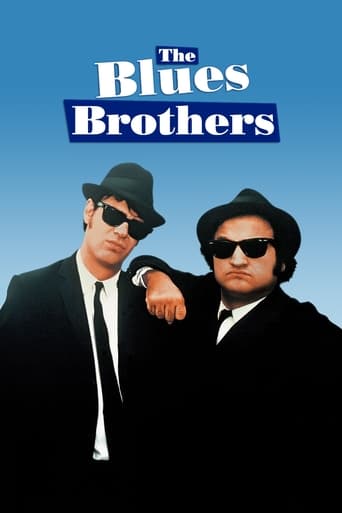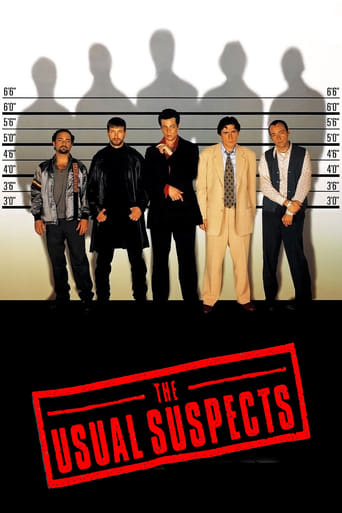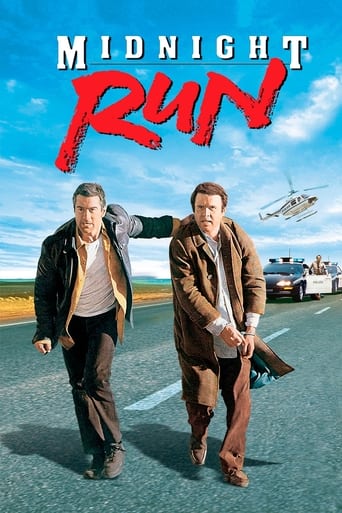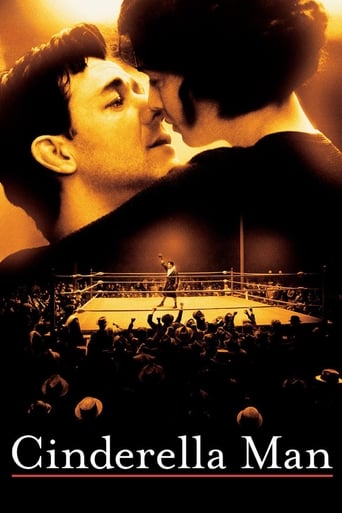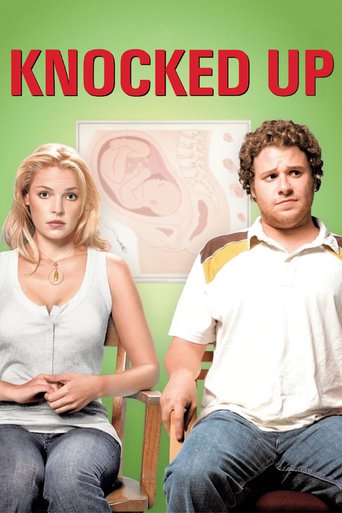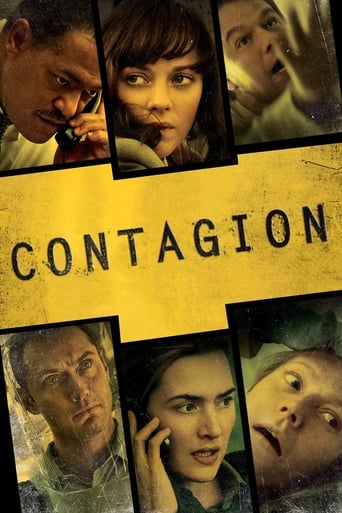


The Killing Fields
New York Times reporter Sydney Schanberg is on assignment covering the Cambodian Civil War, with the help of local interpreter Dith Pran and American photojournalist Al Rockoff. When the U.S. Army pulls out amid escalating violence, Schanberg makes exit arrangements for Pran and his family. Pran, however, tells Schanberg he intends to stay in Cambodia to help cover the unfolding story — a decision he may regret as the Khmer Rouge rebels move in.
-
- Cast:
- Sam Waterston , Haing S. Ngor , John Malkovich , Julian Sands , Craig T. Nelson , Spalding Gray , Bill Paterson


Similar titles
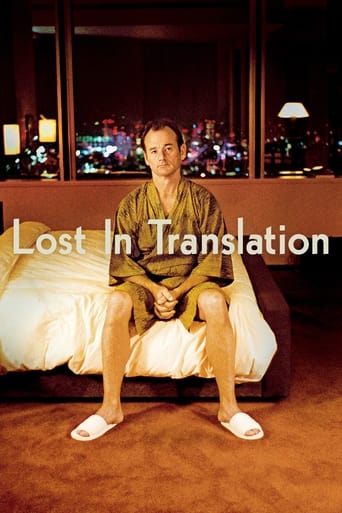




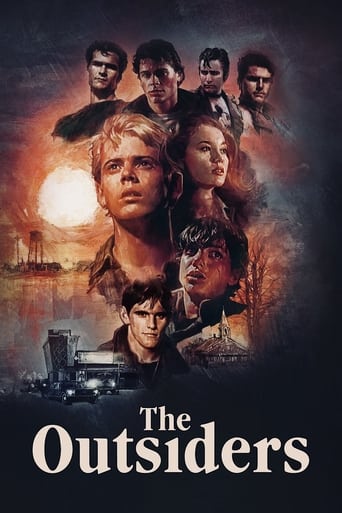

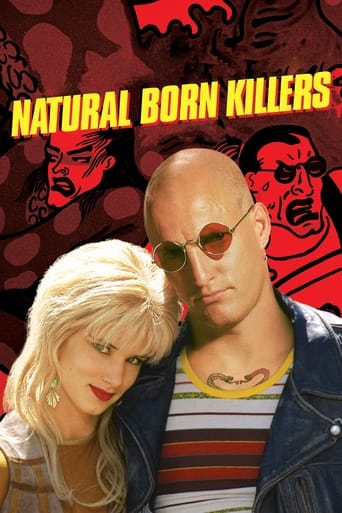
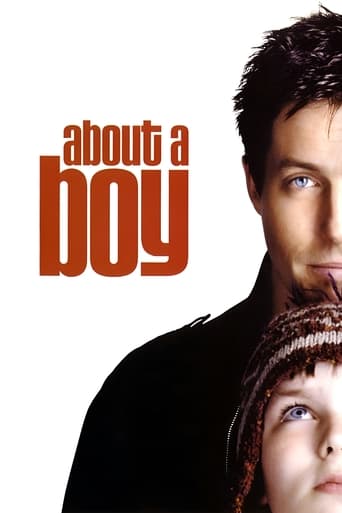
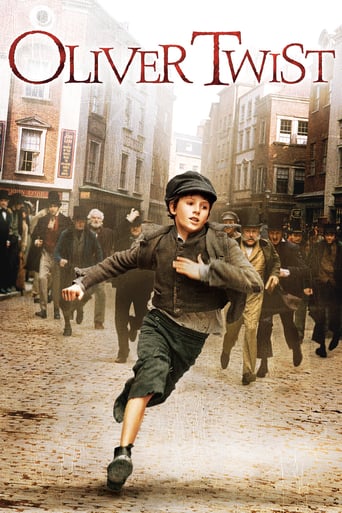
Reviews
Touches You
everything you have heard about this movie is true.
It's a good bad... and worth a popcorn matinée. While it's easy to lament what could have been...
The movie turns out to be a little better than the average. Starting from a romantic formula often seen in the cinema, it ends in the most predictable (and somewhat bland) way.
Well maybe I should have watched this when it came out to be as impressed as most viewers here, but I was 6 so even if I did I don't remember it. But I do remember the hype about it. I only watched it in 2018 because so many people reviewing Angelina Jolie's First They Killed My Father kept insisting that this is THE movie to watch if you want to know more about the Cambodian genocide. And that Jolie's movie was uninformative and cheesy. Well, this one is equally uninformative and way more cheesy! Maybe reviewers preferred the story being told my a guy rather than a girl? I have no idea. At least FTKMF left me intrigued to find out more about the situation and I was also immersed in its atmosphere. I can't say the same for this one. It looked like a poor man's Empire of the Sun. Such important stories that need to be told, but it doesn't work every time just because of the shock value. Lastly, as few others already mentioned, this movie was in need of editing. Too long with little substance. Sorry!
It's alright if you don't know your history before you watch The Killing Fields, Roland Jaffe's film that was nominated for eight Oscars and won eight BAFTAs in 1985; you'll gain a wealth of knowledge from watching the movie. It's a true story, focusing on the experiences and friendship of New York Times journalist Sydney Schanberg, played by Sam Waterston, and Cambodian journalist Dith Pran, played by Haing S. Ngor, during the Cambodian Civil War in the 1970s.Beaten out by the incredibly overrated Amadeus, The Killing Fields should have absolutely won Best Picture. Not only is it a spectacular war picture, with surprises around every corner, realistic special effects and makeup, and harrowing struggles that will make you cringe and compel you to keep watching, but it's a beautiful, moving story of love and friendship. The two lead actors have such realistic chemistry together, it's sometimes difficult to separate them from their fictional roles. Haing S. Ngor lived a very sad life, and much of the film mirrors his own life experiences. The horrors he lives through in the film—and in real life, if you choose to look up his tragic backstory, which I don't really recommend—will bring you to tears more times than you'll be able to count.The Killing Fields will take you on an emotional roller-coaster, from fear to awe, horror, hope, sorrow, and inspiration. Some war movies are too upsetting to want to watch over again, but you're able to appreciate the craftsmanship and acting behind it. While the acting and production are fantastic, this is also a film that you can easily add to your home collection, watching it again and again with friends who haven't yet, so you can relive the emotions you felt during your first viewing. I've seen it three times, and each time, it has just as great an impact on my heart as the first. This is a modern classic that shouldn't be missed.
From Oscar, BAFTA and Golden Globe nominated director Roland Joffé (The Mission, Captivity), this film features in the book 1001 Movies You Must See Before You Die, I didn't know much about it, apart from one of the cast members, so I just hoped it would be worth the five stars out of five critics give it. Basically in 1973, American journalist Sydney Schanberg (Oscar, BAFTA and Golden Globe nominated Sam Waterston) is a foreign correspondent for the New York Times, he has been sent to Cambodia to cover the civil war between the Cambodian national army and communists the Khmer Rouge, a result of the Vietnam War. Schanberg is joined by local representative Dith Pran (Oscar, BAFTA and Golden Globe winning Haing S. Ngor) as his guide and interpreter, they also meet a number of times with photographer Al Rockoff (John Malkovich), who gives them updates on the latest situations. Over the subsequent years Schanberg and Pran, with Pran's family, become friends, the bond between two men largely due to watching out for each other during potentially deadly situations. Schanberg is able to secure evacuation from the country for Pran's family, when western powers believe an escalation in the war will bring imminent indiscriminate bloodshed. The Khmer Rouge ultimately take over the country in 1975, Schanberg and other members of the western media make it out of the country in April, Schanberg returns to New York, but attempts to evacuate Pran failed, his life is in danger, every western-friendly Cambodian journalist captured has been killed. Schanberg leaves the U.S. begins what becomes a four and a half year campaign to get Pran out of the country, with no knowledge of the atrocities he may have suffered from the Khmer Rouge and/or their North Vietnamese allies, and no knowledge if Pran is still alive. This campaign for Schanberg ends up being a mission out of guilt, he feels largely responsible for Pran's predicament, he receives acclaim during his reporting of the conflict, in the end Schanberg calls Pran's family with the news that he is alive and safe, Schanberg and Pran reunite at the he Red Cross camp, they embrace with a hug. Also starring Julian Sands as Jon Swain, Craig T. Nelson as Military Attaché, Spalding Gray as U.S. Consul, Bill Paterson as Dr. MacEntire, Athol Fugard as Dr. Sundesval, Graham Kennedy as Dougal, Katherine Krapum Chey as Ser Moeum (Pran's Wife), Oliver Pierpaoli as Titony (Pran's Son) and Lambool Dtangpaibool as Phat's Son. Waterston gives a good performance as the journalist filled with both shame and ambition, Malkovich does well in his many moments, but the best performance is indeed newcomer and deserved award winner Ngor, at the time he was a gynaecologist and obstetrician, he is a fantastic embodiment of all emotions of the time, sadly Ngor was murdered in 1996. I didn't know anything about the Khmer Rouge regime in Cambodia myself before this film, I read it was a genocide initiated by Pol Pot, it was also known as Year Zero, the film shows both the humanity and the agony of the time, based on the experiences of the real-life characters, the most gripping moments are obviously those filled with conflict and suffering, all in all I found it an interesting biographical war drama. It won the Oscars for Best Cinematography and Best Film Editing, and it was nominated for Best Picture and Best Writing, Screenplay Based on Material from Another Medium, it won the BAFTAs for Best Film, Best Adapted Screenplay, Best Cinematography, Best Editing, Most Outstanding Newcomer to Film for Haing S. Ngor, Best Production Design/Art Direction and Best Sound, and it was nominated for Best Make Up Artist, Best Score for Mike Oldfield and Best Special Visual Effects, and it was nominated the Golden Globes for Best Motion Picture - Drama, Best Screenplay and Best Original Score. Good!
In the Killing Fields, there may be some things politically that you'll either not be fully aware of going in, or need to be brought up to speed on. The short of it that I know for sure is that the Vietnam war didn't stay completely within its borders, but rather spilled over into Cambodia, with the kind of guerilla warfare being raged, but more crucially (along with Nixon's own butchery intentions) rival gangs and groups were looking to gain control - and all of this at the cost of thousands of lives, mainly civilians' lives. What's good about the film politically is that it doesn't ask you necessarily to take a big side on one or the other in the Cambodian conflict, except as far as Pol Pot making madness and chaos even more extreme, and that the violence of these street gangs made into larger forms was horrible. But what's even better is that the emotional core, the pathos, is strong: this is a movie about friendship (writer Bruce Robinson, coincidentally, would make another key movie about friendship in the 80's in Withinail & I, on a totally different context of course).The friends - one might almost say lovers in the non-romantic, heterosexual sense - is author Sidney Schanberg (Sam Waterston) and Dith Pran (Hang S Ngor, who won a deserved Oscar for his acting, which often feels very raw and wholly convincing, basically as though he was/is there). Sidney is there in Cambodia to get the scoop as a New York Times reporter, and not only won't soft-pedal anything, he despises the reporters sent/allowed in who will. Pran is nominally his translator, but he is a reporter as well (we don't see much of that aspect, but it's not difficult to see his serious intentions to get things down as they are). The two of them finds that they're stuck in the country as things become even more harried; the greatest tension and suspense of the film isn't even about being under the barrel of guns held by certain guerilla soldiers (though that's part of it) - it's simply how to get Pran out of the country.One may ask why Sidney just didn't get Pran out when he does, in fact, get Pran's family out. Maybe there was just more work to do. Maybe it was simpler that way and for Pran to stay it was necessary for the very on-the-street-on-the-run reporting that Sidney was looking for. But whatever the motivation, the centerpiece of the film for me all comes down to a photograph - this is what's needed for Pran to get a passport and go along with the Americans and French out of the country (it is explained why Cambodians can't leave, but it's not completely clear, or at much as it could've been for me). We see how Malkovich, as a photojournalist, takes the painstaking task of taking pictures on a beat-up, nearly broken camera, and has to develop the film in a very cramped bathroom with unlikely chemicals. It's not totally a spoiler to say it doesn't end up working - for half of the film, Pran is in a prison camp and it then becomes a 'how-does-he-escape' scenario - but this section is for me the most effective: trumping the violence of the world through the process of photography (if not art, then close enough), and just seeing the moment-by-moment events of that sequence is staggering.Of course, there's much violence here, and in a way this was a nice antidote to the barrage of mindless, at best usually guilty-pleasure action fare of the 1980's. Instead of something like Rambo 2, where one man goes in and single-handedly takes on the entire Vietnamese army, this is more like 'hey, you really have to be very, very careful here, because the one wrong thing said or done can get you shot in the head, immediately, or, if in prison, worse via torture'.Some of the events in the first act move rather quickly, but the important thing is that we get to learn who these people are, especially Sidney and Pran, and this is crucial for the emotional stakes: will they be torn apart, and if they are, can they reunite again? I kind of wish I hadn't looked up the trivia for the film ahead of time as I got in a way spoiled as the ultimate outcome (one hopes for the 'happy ending', though here that's especially relative). The tension mounts so well in the second half because we know, as capable as Pran is at thinking on his toes and acting quickly, he's up against a truly formidable, horrifying presence in these soldiers, all trained to the gills for brutal executions.If there is a political message it comes in a rather operatic moment: Sidney is back in New York and watching what looks like a primitive version of a VHS tape of some old news broadcast; it talks about Nixon's message to the American people about what the plan was for Cambodia, and how it was not the bill of goods he was selling. One almost gets the sense that had Nixon really had his way, Pran could've been wiped out by a barrage of bombs. But, again, The Killing Fields is interested in politics only up to a point: the power of the film comes from its male bond, and its depiction of survival and how one can keep a head when surrounded by death and destruction. A very good film of its time, and it holds up extremely well.

